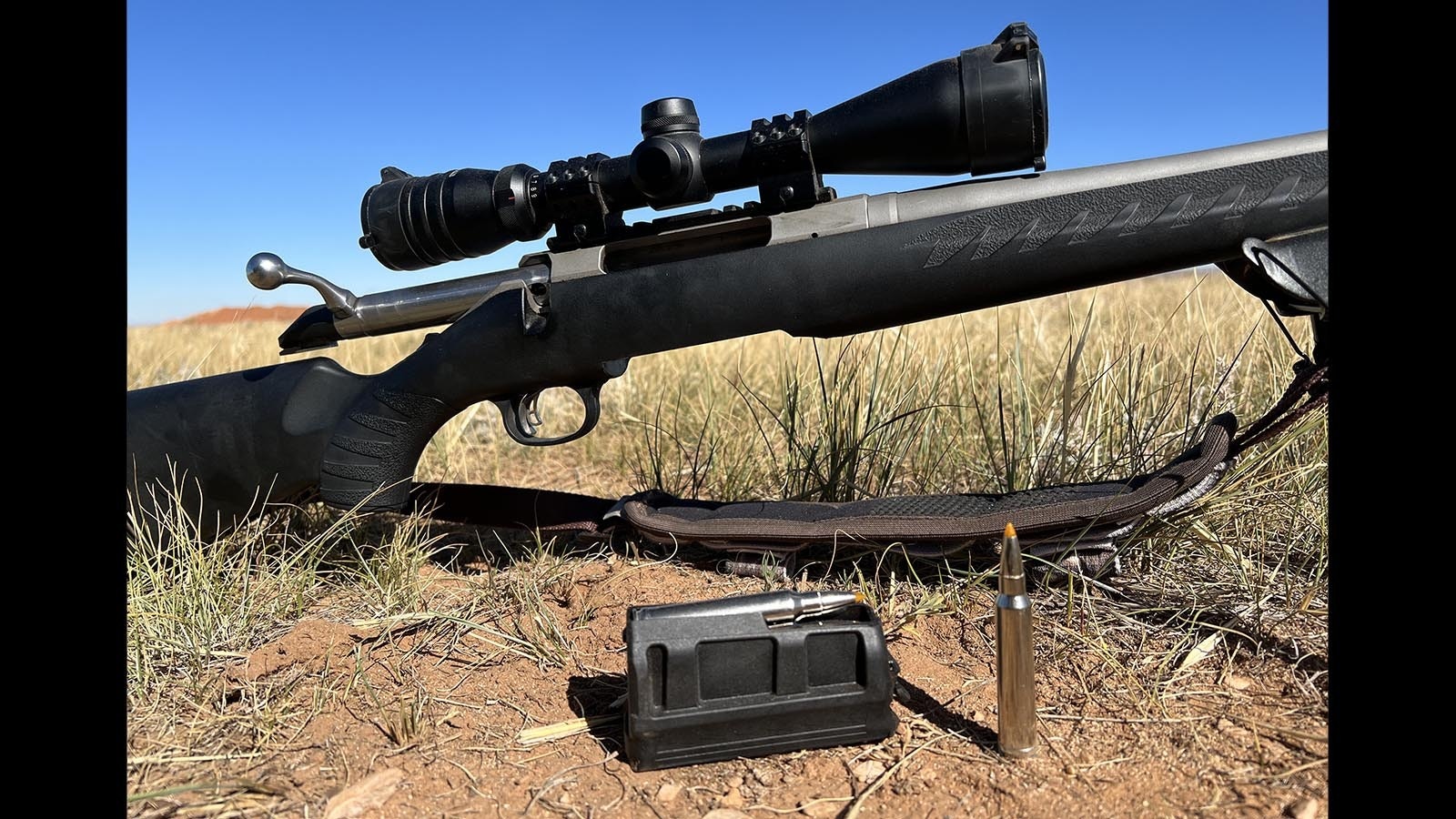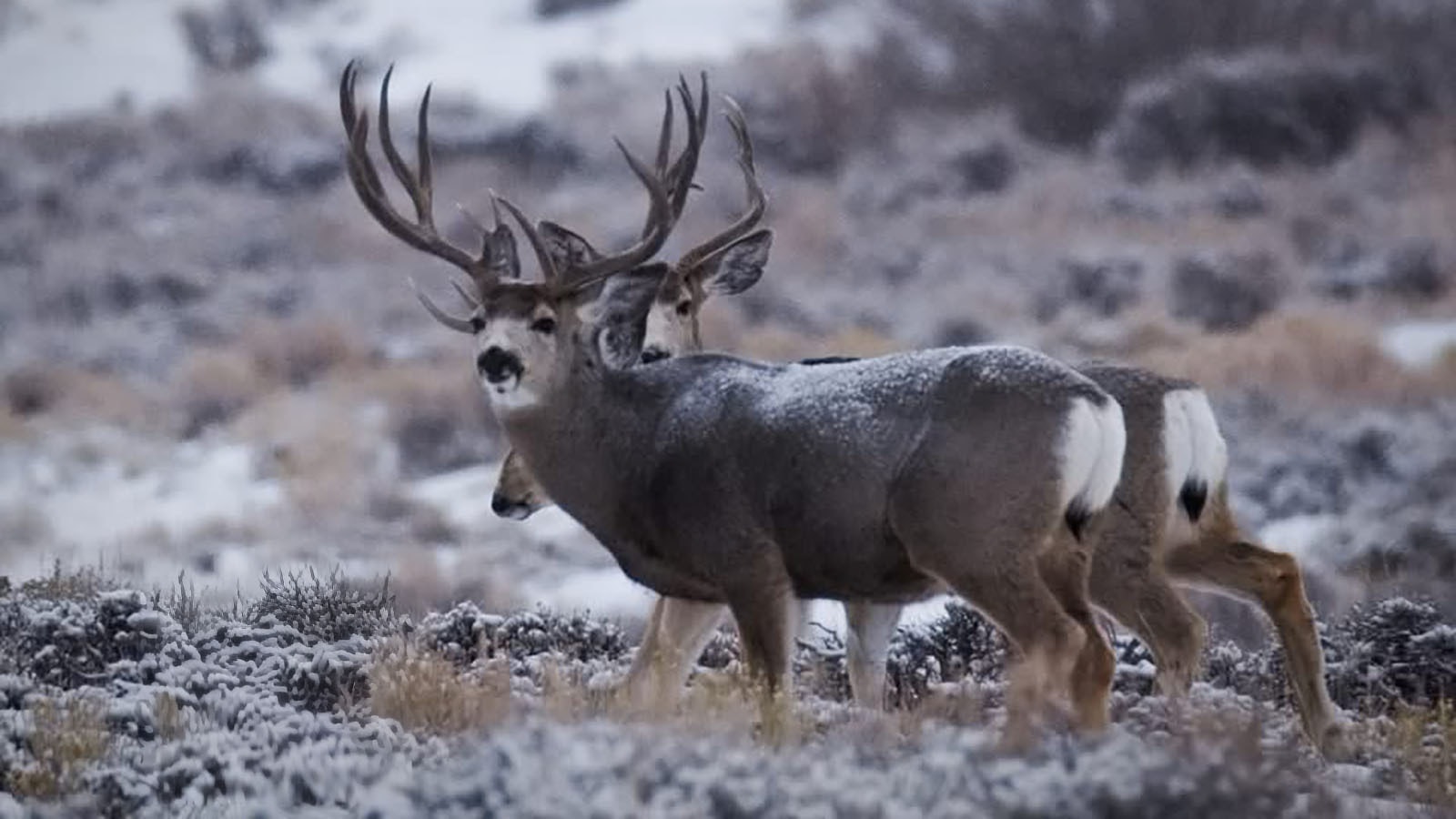Banning the use of lead ammunition on federal lands would be terrible for Wyoming’s hunters and shooters, says a Wyoming gun rights activist in response to proposed federal action.
“There’s no science to support this ban,” Mark Jones of Buffalo told Cowboy State Daily. “This will result in ammunition becoming cost-prohibitive. Honestly, I think the intent of some of these folks is to reduce shooting and hunting opportunities.”
Jones is director of hunter programs for Gun Owners of America and a wildlife biologist who worked for 30 years with the North Carolina Wildlife Research Commission.
GOA has come out in opposition of the latest round of proposed lead ammunition bans. The group’s chief concern is that forcing ammunition manufactures to switch to lead alternatives – such as all-copper bullets – would drive ammunition prices up.
Many rifle bullets in modern hunting ammunition have an outer jacket made of copper or some other metal, but still have a lead core. Switching to lead alternatives could double ammunition prices, Jones said, making hunting and target shooting simply unaffordable for many.
“I think studies done in Europe showed that when they switched from lead bullets, prices rose so much that 25-30% of European hunters either cut back on their hunting or quit altogether,” he said.
It Could Start Small
So far, lead ammunition – as well as lead fishing tackle – is set to be banned by 2026 on several national wildlife refuges in the Eastern United States, U.S. Fish and Wildlife Services (USFWS) spokeswoman Vanessa Kauffman said Wednesday in an email to Cowboy State Daily.
A USFWS ruling states in part that, “We annually review hunting and sport fishing programs to determine whether to include additional stations or whether individual station regulations governing existing programs need modifications.”
The move is linked to concerns that lead from spent bullets could poison wildlife or people who eat meat from game animals killed with lead bullets, according to USFWS and proponents of the ban.
Wyomingites should watch the developments, particularly since so much of the state is federal land, Jones said.
“What we all know is, everything the federal government does they do incrementally,” he said. “Just because it isn’t happening here now doesn’t mean that it won’t.”
Human And Wildlife Health Concerns
Lead poisoning in people and wildlife is a serious concern, according to a petition sent in June to the USFWS and Department of the Interior by the Center for Biological Diversity. The petition calls for a lead ban on all national wildlife refuges.
“Lead exposure affects many biological functions, including reproduction, growth, development, behavior and survival,” the petition says. “Even low levels of exposure to lead can cause neurological damage, and there may be no safe level of lead in the body tissues of the young.”
Those effects are widely documented in wildlife and bird species, the petition claims, so banning lead ammunition would be environmentally sound and good wildlife conservation.
Previously Banned For Waterfowl
Lead shot was banned for waterfowl hunting in 1991. That ban was prompted by concerns that bald eagles consuming the carcasses of waterfowl that hunters had shot, but lost, was poisoning them. There also was concern that ducks and geese were swallowing spent lead shot as they foraged in fields or shallow water where hunters had been shooting.
Since then, waterfowl hunters have used shotgun shells loaded with pellets made from other metals, such as steel or bismuth.
“That ban wasn’t instituted because ducks were getting lead poisoning,” Jones said. “It was instituted because of the bald eagles, which at that time were endangered.”
Even so, GOA doesn’t support rolling back the waterfowl hunting lead shot ban.
“Nobody is saying we want to go back to before 1991 when it comes to ducks,” he said. “We’re saying no more new lead bans.”
Unfounded Claims?
GOA questions the claims the current lead ban proposals make, he said. They’re similar to claims made to back pervious proposed bans on lead rifle bullets.
“The language used is that lead may cause an effect,” he said. “The key word there is ‘may.’ They don’t have the data to show that lead poisoning from big game bullets is impacting people or animals on a population-wide level, instead of just an individual level.”
That means individual examples of animals or birds being sickened or dying after eating the leftovers of big game killed by lead bullets doesn’t add up to a threat to those species, he said, adding that the situation is similar with people.
“Obviously, if you swallowed a lead bullet, that wouldn’t be good for you,” he said. “But most people have the good common sense to cut around those parts with the bullet fragments in them and keep the rest of the animal for food.”





